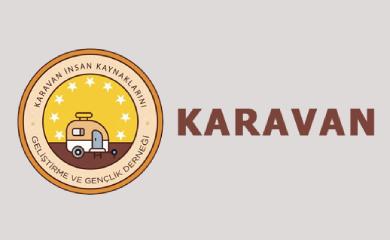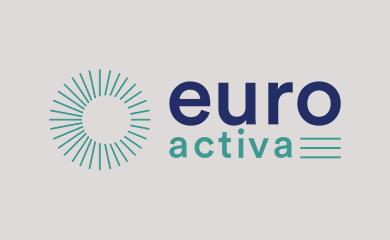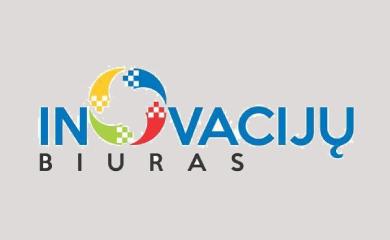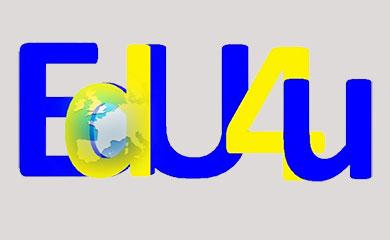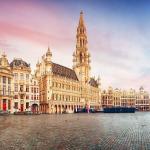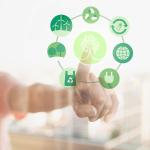Welcome to the first newsletter of the Erasmus+ project called "Gamification, Digitalization and Practical Tools for Developing Circular Economy Skills", acronym CE+.
Teaching circular economy knowledge to young people through the development of digital learning tools
Welcome by Valerio Alessandroni (EFCC Estonian Fieldbus Competency Center OÜ)
The project focuses on providing sectoral employment skills through non-formal learning activities, especially for young people with fewer opportunities (NEETs, migrant youth, etc.) to reduce youth unemployment.
The goal of the project is to teach circular economy knowledge to young people through the development of digital learning tools.
This activity is related to the priorities of the Erasmus+ program and it is relatively innovative in the field of youth.
This newsletter is intended to provide information to relevant stakeholders on the activities, outputs and events of the CE+ project.
Project's Aim
Objectives of the project are:
- Producing digital tools and cyclic escape room games for the acquisition of green and circular skills
- Increasing the capacity of youth operators at local/national/international level to give circular economy trainings
- Increasing employment opportunities for young people with fewer opportunities by promoting circular work
- To produce innovative tools/materials based on digital and gamification to gain cyclical skills.
Project's Results
The expected outcomes of the project will be:
- Virtual seminars, handbook and escape room games
- 600 educated people attending virtual seminars
- Enhanced green and circular skills that will contribute to the quality employment target of the EU Youth Strategy
- Strengthened profile of young people with fewer opportunities for employment
- Increasing opportunities for personal development of young people/youth professionals
- Increased capacity of the consortium for non-formal learning materials/tools/contents
All these outputs will be available in English, Estonian, French, Slovakian, Spanish and Turkish.

Tutorial corner: Circular Economy
What is Circular Economy?
The circular economy is a model of production and consumption, which involves sharing, leasing, reusing, repairing, refurbishing and recycling existing materials and products as long as possible. In this way, the life cycle of products is extended.
In practice, it implies reducing waste to a minimum. When a product reaches the end of its life, its materials are kept within the economy wherever possible. These can be productively used again and again, thereby creating further value.
This is a departure from the traditional, linear economic model, which is based on a take-make- consume-throw away pattern. This model relies on large quantities of cheap, easily accessible materials and energy.
Also part of this model is planned obsolescence, when a product has been designed to have a limited lifespan to encourage consumers to buy it again.
The European Parliament has called for measures to tackle this practice. Industry 4.0 is the digital transformation of industries that allows for collection and use of vast amount of data, enabling more flexible, faster and more efficient processes.
Kick-off meeting

The kick-off meeting of the CE+ project was hosted by the partner EFCC Estonian Fieldbus Competency Centre in Tallinn on Monday 21st November 2022. The partner organizations from Lithuania, Slovakia, Turkey and Belgium were represented for the kick-off meeting, whose main goal was to set targets for the next six months.









